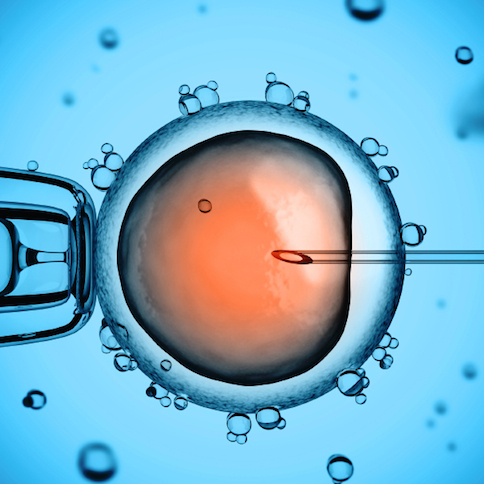Turning Our Wounds Into Wisdom
Experiencing the grief of childlessness can give us strength
“Women who fail to bear children twice as likely to be hospitalised for alcoholism,” read a catchy headline in the July 4, 2012 edition of the Telegraph, a British newspaper.
The research makes for sober reading, but it’s good news that the lifelong effects of unwanted childlessness are finally being taken seriously. According to the study featured in the article, women who remained childless after fertility treatments were more than twice as likely to be hospitalized for alcoholism or substance abuse and 47 percent more likely to be hospitalized for an eating disorder than those who went on to have a child.
According to the article, researchers claimed their results are ‘only the tip off the iceberg’ because many more women would be affected but not so badly as to need in-patient treatment.
The study authors also found that women were just as much at risk for these problems more than a decade after they had seen a fertility specialist as they were in the years immediately following their attempts to get pregnant. “[T]he results suggested that the psychological impact of unwanted childlessness was not just a transient phase,” said the article.
That “psychological impact” has a simpler name. It’s called grief.
All human emotions have a purpose, and grief is no exception. It’s a necessary process that enables us to work through the loss of someone we love so that we can move forward with our lives. It’s not about “getting over” something; it’s about “getting through” it, emerging as a person changed forever because of our loss – a changed person but not necessarily a lesser one.
As a culture, we are secretive about and shamed by grief. And as a result, we’ve become terrible at dealing with loss. But the thing is, grief is wise and patient. It waits until the circumstances are right to do its work. And what it waits for is recognition, companionship, and understanding.
Grief cannot be endured alone. It requires another person to work its alchemy. Grief, like love, is a two-person job. And so, without the presence of that supportive, understanding other, it waits. Grief is a dialogue, not a monologue. We talk it out of our system to someone who listens and understands.
I have worked through my own grief by sharing it with others through my organization, Gateway Women, and by helping other women through theirs on our private online forum, face-to-face, and in groups. Writing in a journal never got me anywhere. I now understand why – because it is a monologue. A blog – where people comment and get involved – is a dialogue.
And I have seen women make amazing transformations through this supportive process, which makes me wonder about another intriguing finding in the study: Women who did not have children had a 10 percent lower risk of ending up in the hospital for depression than those who became mothers.
I don’t have access to the participants (some 50,000 Danish women) to confirm this, but I wouldn’t be surprised if childless women who have worked through their grief experienced the kind of psychic spring-cleaning that many mothers may not have the time for – until their children leave home, that is. For what is empty nest syndrome but a form of loss that brings grief?
Grief is the price we pay for love. But if we don’t pay up, or if no one believes that we have a bill to pay, it’s an emotional debt that can bankrupt us.
But worked through, with support from a counselor, support group, friend, or an online community, grief can be transformational. It turns your wounds into wisdom.
A version of this article originally ran on Gateway Women and is reprinted here with permission.











